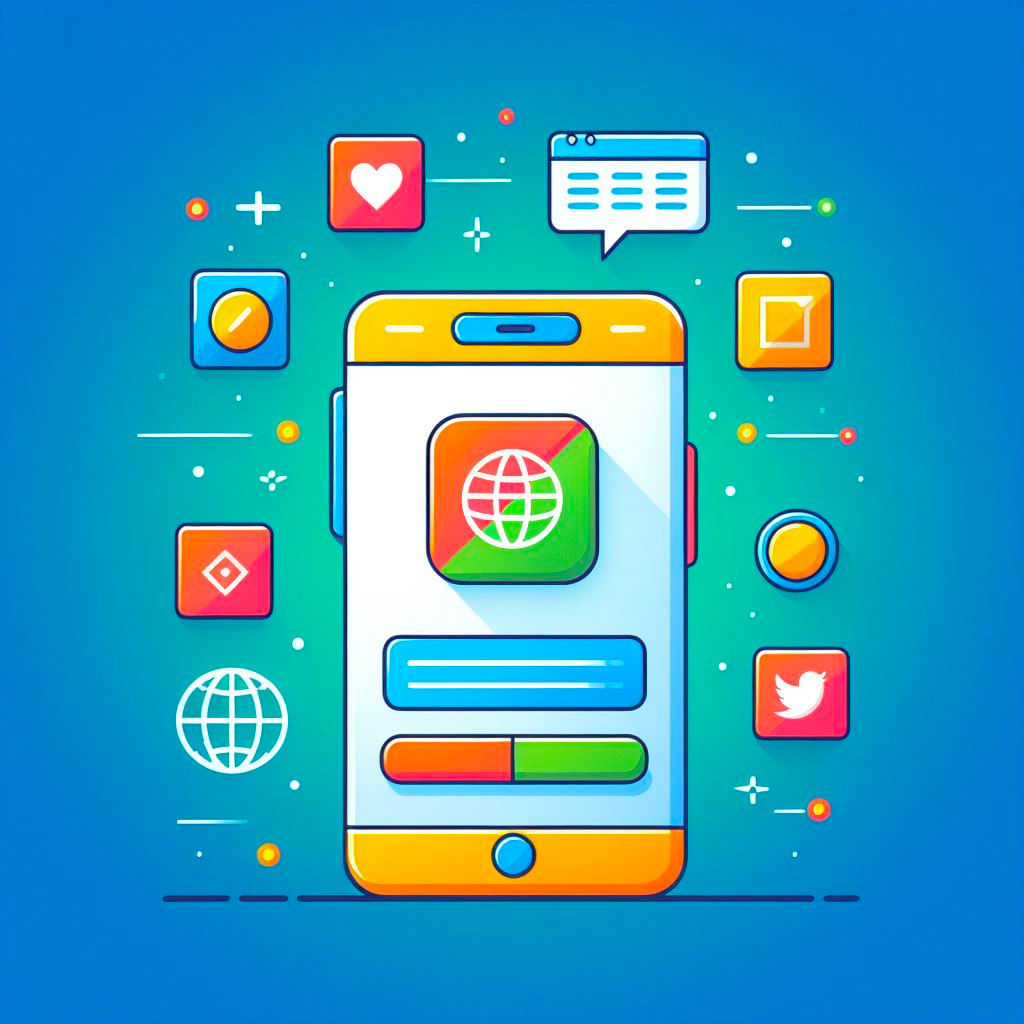 5 Reasons Why Converting Your Website to an App is a Game Changer (with Data and Examples)
5 Reasons Why Converting Your Website to an App is a Game Changer (with Data and Examples)In today's mobile-first world, having a website just isn't enough. Users are increasingly spending their time on apps, and for businesses, offering a dedicated app can be a game-changer. But why exactly should you consider converting your website to an app? Here are 5 compelling reasons, backed by data and real-world examples:
1. Reach a Wider Audience and Boost Engagement:
- Mobile dominates: Did you know that in 2023, mobile devices accounted for a staggering 54.8% of global web traffic (source: Statista)? By offering an app, you tap into this massive mobile audience and make your content and services readily available at their fingertips.
- Increased engagement: Studies show that app users are 2-3 times more engaged than mobile website users (source: Localytics). Push notifications, offline access, and a more streamlined experience contribute to this higher engagement.
Example: Starbucks saw a 74% increase in user engagement and a 23% rise in orders after launching their mobile app (source: Forbes).
2. Enhance User Experience and Brand Loyalty:
- Native look and feel: Web apps offer a native experience, feeling seamlessly integrated with the user's device and providing a more intuitive and enjoyable interaction.
- Personalized features: Apps allow for deeper personalization, like location-based services, saved preferences, and push notifications tailored to individual user needs.
Example: Sephora's app uses augmented reality to let users virtually try on makeup, leading to a 33% increase in conversion rates (source: TechCrunch).
3. Drive Sales and Conversions:
- One-click purchases: Streamlined checkout processes within apps make it easier for users to complete purchases, leading to higher conversion rates.
- Targeted marketing: Push notifications and in-app promotions allow for more targeted and effective marketing, driving sales and increasing revenue.
Example: Domino's Pizza app saw a 20% increase in orders within the first year of launch (source: Domino's Investor Relations).
4. Build Stronger Customer Relationships:
- Direct communication: Apps enable direct communication with users through push notifications, in-app messaging, and loyalty programs. This fosters stronger relationships and brand loyalty.
- Offline access: Even without an internet connection, users can access app features like saved content, wishlists, and loyalty points, creating a more convenient and engaging experience.
Example: Marriott International's app allows guests to check-in, unlock their rooms, and order room service directly from their phones, enhancing the guest experience and loyalty.
5. Gain Valuable User Insights:
- App analytics: With app analytics, you gain valuable insights into user behavior, preferences, and app usage patterns. This data helps you optimize your app and overall marketing strategy.
- Real-time feedback: Push notifications and in-app surveys allow for direct feedback from users, helping you understand their needs and improve your offerings.
Example: Spotify uses app data to personalize music recommendations for each user, leading to increased user satisfaction and retention.
Ready to Make the Leap?
Converting your website to an app can be a significant investment, but with the potential for increased reach, engagement, sales, and customer loyalty, it can be a game-changer for your business. Platforms like WebToApp.app make the process easier than ever, allowing you to quickly and cost-effectively transform your website into a powerful mobile app.
